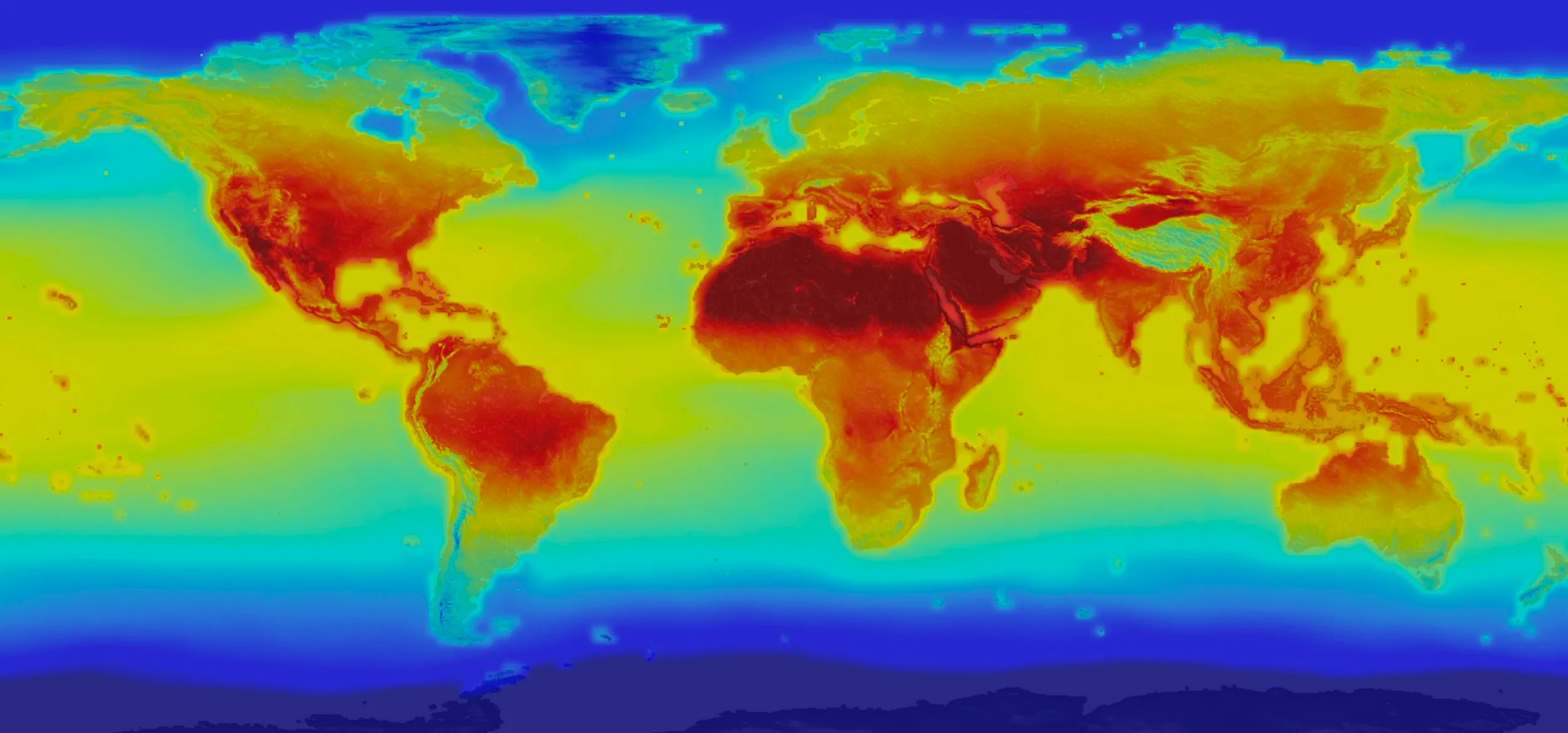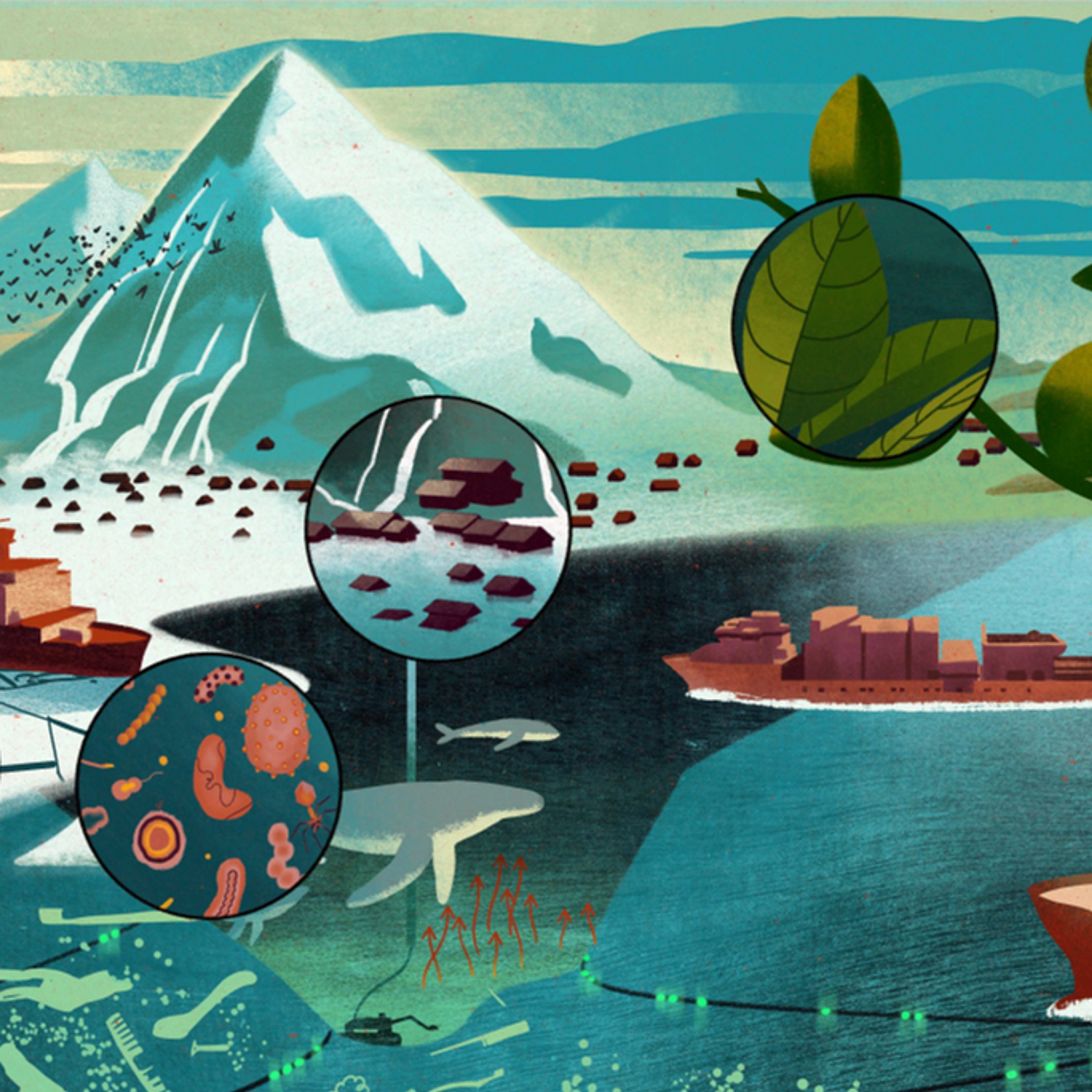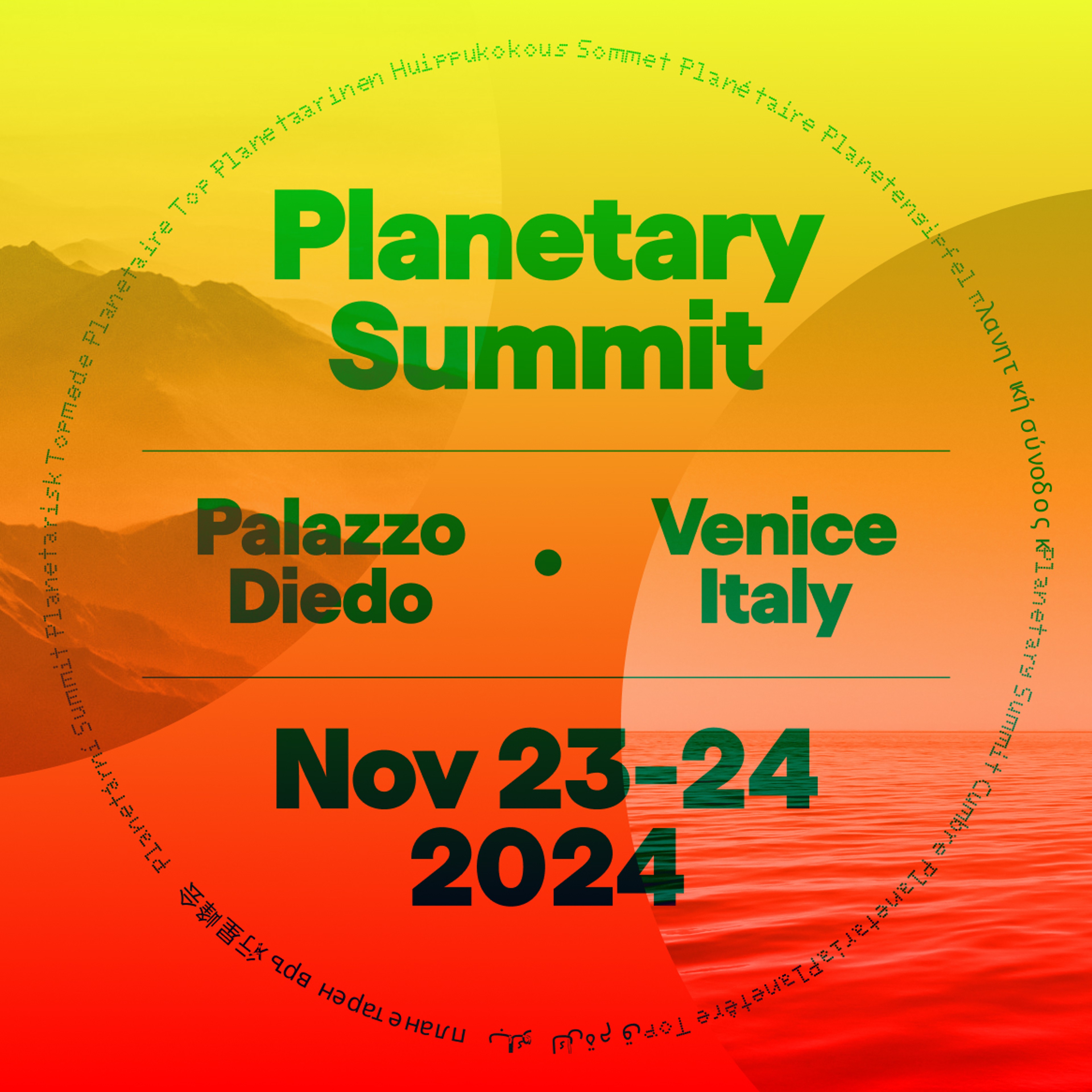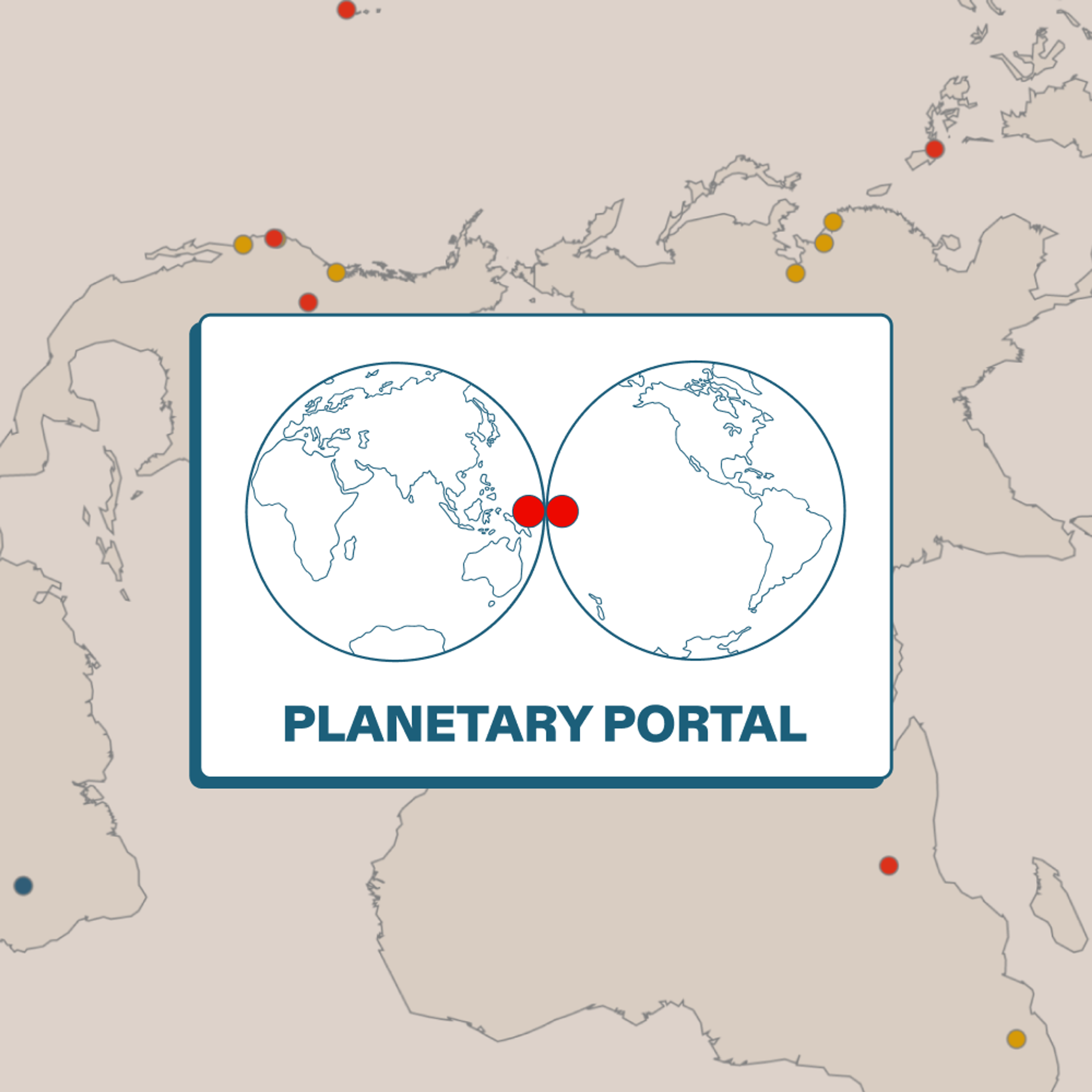
Planetary Heat
- Team members:
- Jonathan Blake,
- Nils Gilman
Clarifying the political and philosophical implications of planetary-scale processes and phenomena is a core area of focus for the Planetary Institutions project.
One of our topics of interest is the problem of heat. Heat is frequently described as an “invisible killer,” yet, its effects are everywhere. From failures in our vaccine cold chains, buckling roads, and increasing labor-related injuries and illnesses to changes in the distribution of infectious disease and even deaths at mega-concerts, heat is a complex problem across many scales and dimensions. Thermal inequality–the unequal distribution of the negative effects of heat, in ways that frequently sacrifice the bodies and lives of some for the comfort and convenience of others, as theorized by BI Fellow Bharat Venkat–often falls along existing fault lines of inequality organized around race, class, nation, disability, and gender. Learning to see heat, however, can be challenging precisely because its effects impact the most vulnerable, stretch across sites and scales, and take a range of forms.












